The new Electoral Act signed into law by President Muhammadu Buhari on Friday has some game-changing provisions that will no doubt impact positively on the future of elections in Nigeria.
READ ALSO: Buhari Finally Signs Electoral Act Amendment Bill 2021
They are game-changing in the sense that they address issues bordering on logistics, inclusivity, and generally making elections hitch-free, credible and reflective of the wishes of voters.
Join our WhatsApp ChannelChairman Information and Voter Education Committee, Independent National Electoral Commission (INEC), Barr Festus Okoye had during a national appearance on television last week, while commenting on the outlook of the provisions of the new Electoral lawn, noted that it has far-reaching fundamental provisions.
At the heart of addressing issues of irregularities in elections, one of the unique provisions of the new law is that which grants electronic transmission of results by INEC.
Here is a quick summary of ten key provisions of the new Electoral law.
1. Clause 3(3) states that funds for general elections must be released at least one year before the election.
2. Clause 54(2) makes provisions for people with disabilities and special needs.
3. Clause 50 gives INEC the legal backing for electronic transmission of election results.
4. Clause 29(1) stipulates that parties must conduct primaries and submit their list of candidates at least 180 days before the general elections.
5. Clause 47 gives legislative backing for smart card readers and any other voter accreditation technology that the Independent National Electoral Commission (INEC) deploy.
6. Clause 51 says that the total number of accredited voters will become a factor in determining over-voting at election tribunals.
7. Clause 65 states that INEC can review results declared under duress.
8. Clause 34 gives political parties power to conduct a primary election to replace a candidate who died during an election.
9. Clause 94 allows for early commencement of the campaign season. By this provision, the campaign season will now start 150 days to the election day and end 24 hours before the election.
10. Clause 84 stipulates that anyone holding a political office – ministers, commissioners, special advisers and others – must relinquish the position before they can be eligible to participate in the electoral process either as a candidate or as a delegate.
Victor Ezeja is a passionate journalist with seven years of experience writing on economy, politics and energy. He holds a Master's degree in Mass Communication.



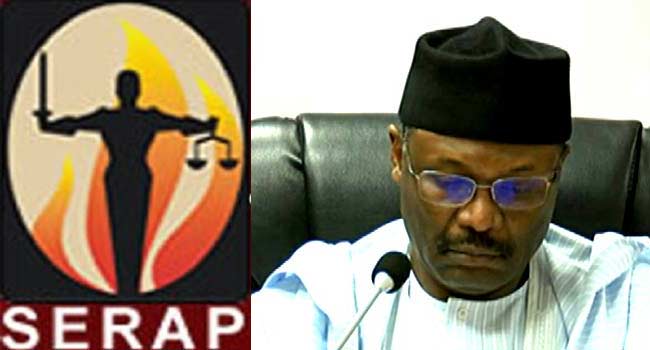
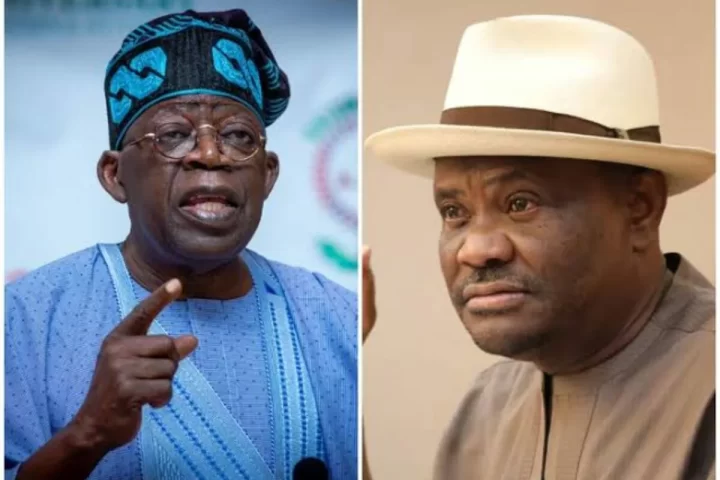
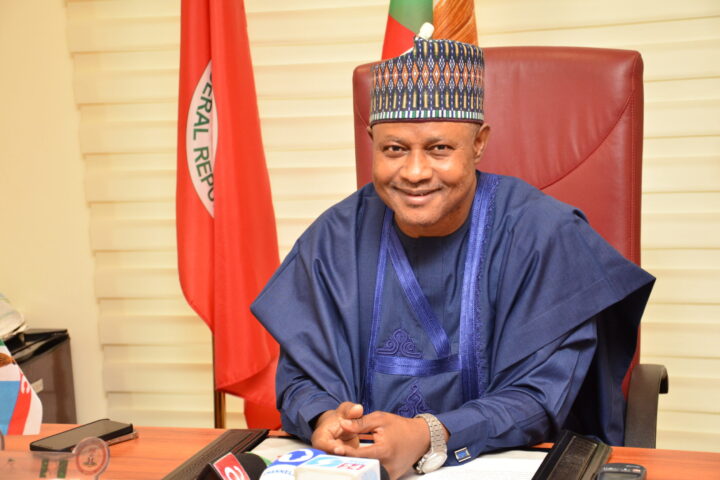









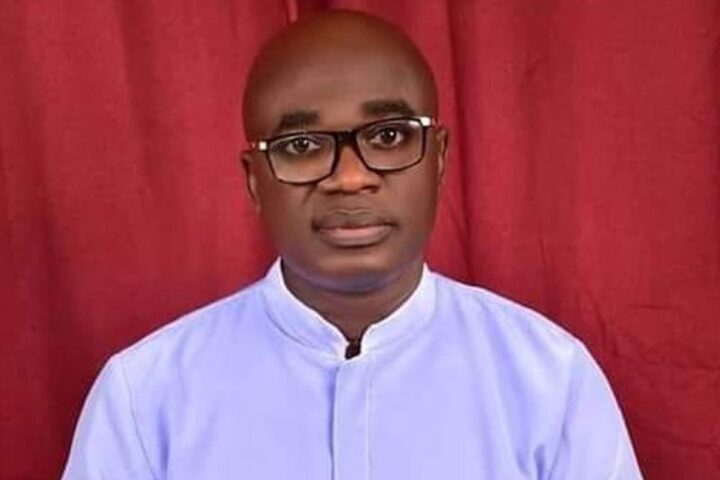
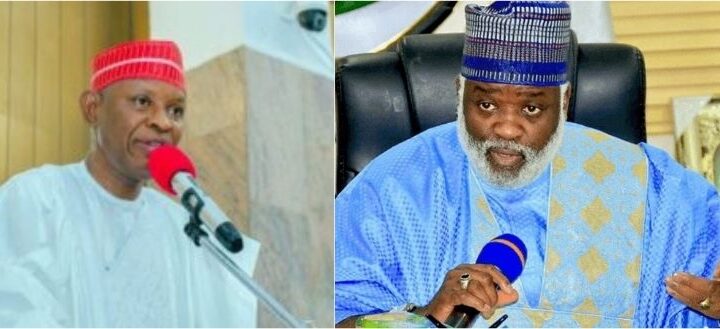

Follow Us